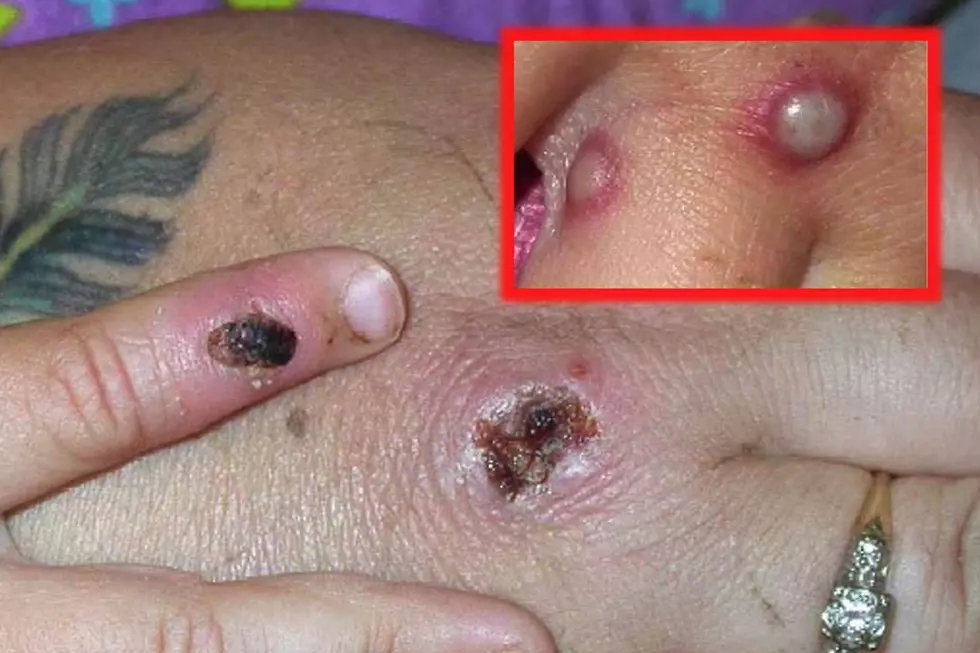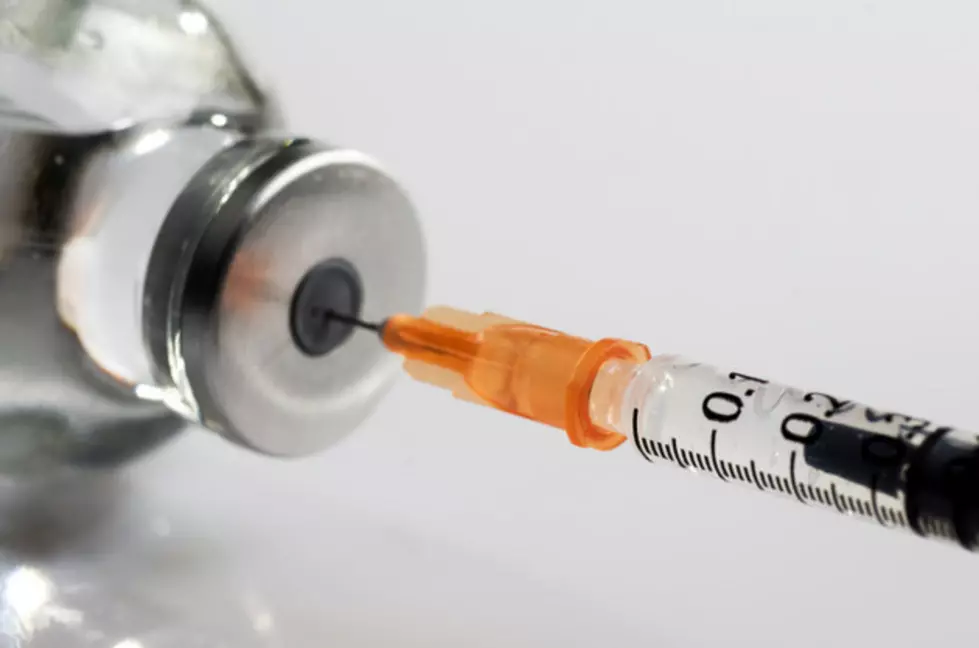
Highly contagious virus with nasty symptoms spreads in NJ
🔶 Norovirus cases are spiking in Northeast
🔶 These viruses are very contagious and easily spread
🔶 Amid seasonal spike, preventative steps are key

New Jersey is seeing a spike in norovirus cases, as is the rest of the Northeast, according to federal health officials.
Noroviruses are a group of related, highly-contagious viruses that cause inflammation of the stomach and intestines.
As of Feb. 10, the nine states in the Northeast region were at 13% positivity for norovirus over a three-week average. Of the nation's four other regions, the Western region was close behind at 12%.
Common symptoms include diarrhea, vomiting and stomach pain.
Fever, chills, headache, body aches and fatigue may also be present, and onset of such symptoms is often abrupt, according to the state Department of Health.
The time from when you are exposed to norovirus to when you become ill is typically 24 to 48 hours.
Anyone can get norovirus and can be infected with it, many times, according to the Centers for Disease Control and Prevention.
Outbreaks are common, according to state health officials — as a school in Highland Park recently shut down for a deep cleaning amid a high number of illnesses among its students.
NJ ELEMENTARY SCHOOL SHUTS DOWN FOR NOROVIRUS OUTBREAK
Schools and daycare facilities in NJ are required to report all confirmed or suspected outbreaks of acute gastroenteritis, including norovirus to their local health department as soon as possible.
While the number of cases is spiking, it’s within the “norm” for the past couple of winters, according to the CDC, which has said “The total number of outbreaks reported during the 2023–2024 seasonal year is within the range reported during the same period during the 2012–2020 and 2021–2023 seasonal years.”
Norovirus is also especially transmissible in places where people drink and eat water and/or food prepared or handled by others, such as nursing homes and cruise ships.
Once infected, a patient is usually symptomatic for one to two days — during which hydration is crucial.
Even after feeling better, a person might shed norovirus for up to two weeks after recovering, according to state health officials.
Among five tips for preventing the spread of norovirus, the CDC advises: proper hand hygiene, washing fruits and vegetables and fully cooking seafood, avoid preparing food for others while sick, disinfecting contaminated surfaces and thoroughly washing laundry.
NJ towns with the highest STD rates in 2022
Gallery Credit: New Jersey 101.5
More From New Jersey 101.5 FM









